Categories: Auto Industry & Race Car Drivers | Artificial Intelligence | Digital Transformation | Hispanic | Innovation, Change & Creativity | Technology | Speakers Under 10k
Raúl Rojas González is a prominent Mexican scientist and lecturer, developer of “AutoNOMOS”, a car-robot that circulates without a driver.
Raúl Rojas González is a professor of mathematics and computer science at the Free University of Berlin, in Germany. He obtained a Bachelor's Degree in Physics and Mathematics and a Master's Degree in Mathematics from the Higher School of Physics and Mathematics of the National Polytechnic Institute (IPN). He completed a Master's degree in Economics at the Faculty of Economics of the National Autonomous University of Mexico (UNAM) and obtained a Doctorate in Economics at the Free University of Berlin. There he also obtained his Habilitation an additional degree and after the doctorate, which only exists in Germany, in the area of Computer Science.
Specialized in artificial intelligence, robotics, history of computing and mechatronics, Raúl Rojas González has registered two international patents; He has written more than 200 peer-reviewed research articles and more than 100 popular articles, as well as 14 books, including the classic Neural Networks: A Systematic Introduction, Intelligent active vision systems for robots and Engineering Applications of Soft Computing. In terms of human resources training, Dr. Rojas has supervised more than 250 bachelor's and master's theses and 28 doctoral theses.
Raúl Rojas González is an outstanding example that cutting-edge technological developments are fueled by mathematical training. His autonomous cars have been shown in Germany, Switzerland, the US and Mexico. In November 2015, the AutoNOMOS vehicle traveled 2,400 km from Nogales, Sonora, to Mexico City without human driving. Other high-tech projects developed by Dr. Rojas include a car driven by brain waves; a video camera that is mounted on glasses for the blind and automatically reads a text; micro-robots the size of insects, to, among other things, imitate the dance of bees; wheelchairs that operate on the basis of verbal commands or are controlled with brain waves; humanoid robots for different activities, and the classroom of the future along with the “book of the future” project to improve the teaching of mathematics.
Por sus logros científicos y de alta tecnología el Dr. Rojas ha obtenido numerosos y prestigiados premios entre los que se encuentran cronológicamente los siguientes: Premio Nacional de Ciencias y Artes, México (2015); Medalla Lázaro Cárdenas del IPN (2015); Profesor del Año en Alemania, otorgado por la Asociación de Profesores de Alemania (2015); Premio Tony Sale de la Sociedad Británica de Computación por contribuciones a la historia de la computación (2014); Medalla de oro “Heberto Castillo” del ICYT-DF por contribuciones en el área de robótica (2008); Premio de Transferencia de Tecnología “WissensWerte” de Berlin (2008); primer lugar en el campeonato mundial Robo Cup en 2004 y 2005; Premio Wolfgang von Kempelen for the History of Computing, presentado por la Sociedad Austríaca de Computación y el Ministerio de Tecnología de Austria (2004), y el European Academic Software Award 2002, entregado en Suecia, por contribuciones en el área de aprendizaje con el sistema E-Chalk.
For his scientific and high-tech achievements, Raúl Rojas González has obtained numerous prestigious awards, among which are the following: National Award for Sciences and Arts, Mexico (2015); Lázaro Cárdenas Medal of the IPN (2015); Teacher of the Year in Germany, awarded by the German Teachers Association (2015); Tony Sale Award from the British Computing Society for contributions to the history of computing (2014); Gold medal "Heberto Castillo" of the ICYT-DF for contributions in the robotics area (2008); Berlin “WissensWerte” Technology Transfer Award (2008); first place in the Robo Cup world championship in 2004 and 2005; Wolfgang von Kempelen Award for the History of Computing, presented by the Austrian Computing Society and the Austrian Ministry of Technology (2004), and the European Academic Software Award 2002, delivered in Sweden, for contributions in the area of learning with the system E-Chalk.






